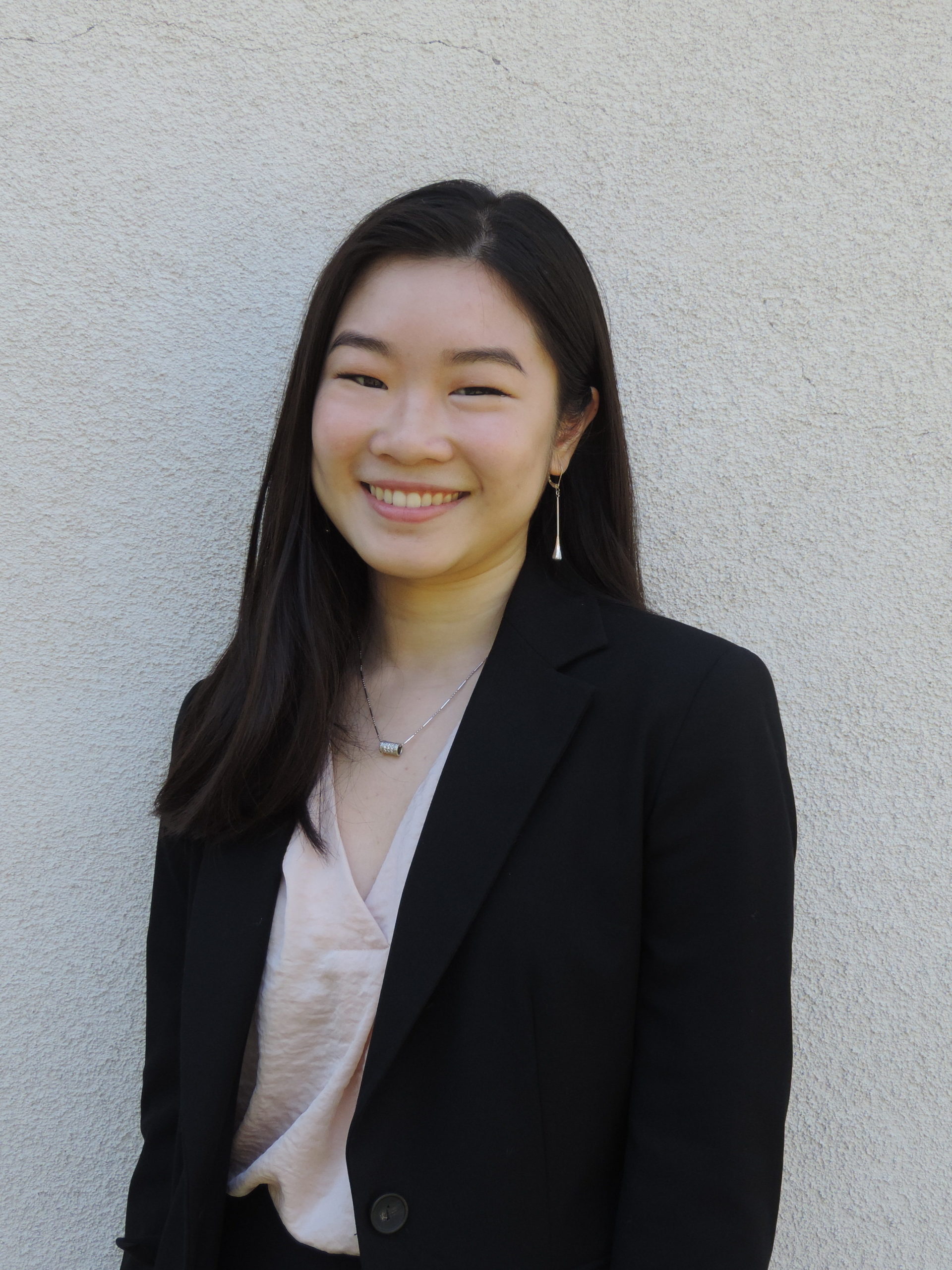From the Editor

Dear VCE readers,
The engineering community here at USC Viterbi is no stranger to the concept of the U.S. National Academy of Engineering’s (NAE) Grand Challenges. Colloquially known as the Grand Challenges, this ubiquitous set of fourteen goals that will “help the people and the planet thrive” has been thoroughly integrated into our engineering curriculum. As a cultural artifact, the Grand Challenges works not only to consolidate and define the world’s most pressing issues, but also to position engineering within society. Naturally, due to its prominence in academic disciplines, the Grand Challenges has been subject to a great amount of both praise and critique alike.
Dr. Erin Cech’s article (https://ojs.library.queensu.ca/index.php/IJESJP/article/view/4304) Great Problems of Grand Challenges: Problematizing Engineering’s Understandings of Its Role in Society presents one such perspective. Dr. Cech’s research interests as a sociologist have prompted her to explore inequality in science and engineering, and her analysis of the Grand Challenges is a prime example of her scholarship. In her work, Dr. Cech delves into the history of the Grand Challenges as an effort on the part of the NAE to entice prospective engineers to technical disciplines, as well as remind current engineers of the greatness of their professions. Cech outlines four separate themes of critique of the Grand Challenges, including authorial particularism, double standards in engineering’s contributions to the fourteen challenges, the bracketing of “social” and “technical” realms, and deterministic definitions of progress. Cech contends that her critiques of the Challenges are a critique not of engineering itself, but rather of the limiting and overtly definite standards outlined by its authors. As such, she calls for increased recursiveness and inclusivity in how engineers characterize societal issues and seek to solve them.
The VCE editing team had the privilege of reviewing the work of many students in our engineering community through their analyses of Dr. Cech’s paper, as well as their personal discernments of the Grand Challenges. We hope that these selected papers can give you a greater understanding of the role that the Grand Challenges have played in our curriculums, discourse, and comprehension of our role as engineers in society.
First, we take a look at Huzaifa Aslam’s work, where we delve into the first critique of authorial particularism. This critique focuses on the NAE authorial panel that developed the Grand Challenges, which was composed of eighteen professionals across science and engineering fields. In her article, Cech argues that the panelists’ ties to the U.S. and lack of diversity lead to the Challenges being skewed to the issues of developed nations. Ultimately, Aslam believes that this is a valid argument, but the lack of diversity on the panel is mischaracterized, due to the broad representation of various engineering disciplines and developing nations’ vested interest in many of the Grand Challenges.
Next, we move into Thomas Peters’ paper where he explores the critique of the engineering double standard where engineers attempt to solve the problems that they have created. Like Cech, Peters admits that engineers have been put on a pedestal to save the world through innovation, a concept that is defined as technological determinism. However, Peters finds that the double standard that Cech mentions is too generalizing, as engineers today should not be blamed for any harmful technologies that were created by their predecessors. Shub Gaur also discusses the engineering double standard, pointing out that Cech’s attribution of many of the world’s threats to engineering mishaps lacks nuance. Gaur demonstrates that instead of focusing solely on the consequences of engineer’s actions, it is also important to understand the intention behind innovation, which ultimately provides a more complex approach.
Then, we transition to Charles Liu’s paper, in which he directly addresses Cech’s critique of bracketing within the Grand Challenges. Liu agrees with Cech that engineers have traditionally kept “their work separate from its societal implications” (Liu). The author argues for increased involvement of ethicists and futurists in engineering disciplines in order to develop more socially aware solutions to the world’s most pressing issues.
Finally, we end with Natasha Singh’s examination of the consequences of technological determinism. Singh facilitates this discussion through current examples, such as the Black Lives Matter and Me Too movements, and the use of facial recognition technology. Singh cautions against the rapid and irresponsible development of technology in the name of progress, something that Cech discusses at length in her own work.
This is the last issue that I will be publishing as Editor-in-Chief, and I cannot think of a better way to end my time with this publication. It is my great pleasure to present to you VCE’s inaugural Grand Challenges issue. I hope that your reading of these incredibly insightful articles will spark additional conversations about the roles that the Grand Challenges and engineers play in our world.
Sabrina Sy, VCE Editor-in-Chief





